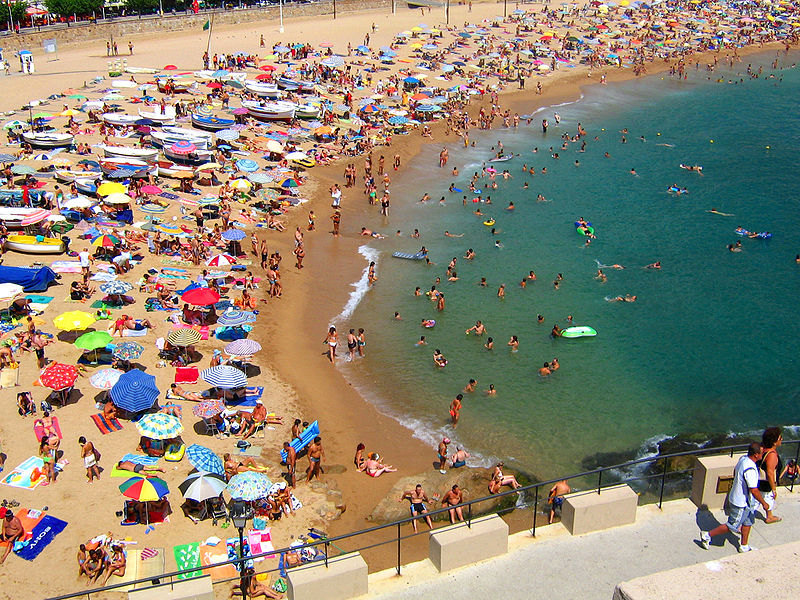Key Difference – Mass Tourism vs Alternative Tourism
Tourism is typically divided into two main categories: mass tourism and alternative tourism. Mass tourism involves the organized movement of large groups of people to popular tourist locations, whereas alternative tourism focuses on smaller groups or individuals visiting less popular destinations. The primary difference between these two types of tourism is the number of tourists visiting a specific location. Other differences also exist between mass and alternative tourism.
Key Takeaways
- Alternative tourism involves small groups visiting less crowded locations and participating in individualized activities, often focusing on local culture and environment.
- Mass tourism involves large groups of people visiting popular tourist destinations, typically during peak holiday seasons, and participating in standardized activities.
- Alternative tourism is generally more environmentally friendly and supports rural communities, while mass tourism generates significant income for local areas.
What is Alternative Tourism?
Alternative tourism refers to a range of tourist products or services that differ from mainstream tourist attractions. It often involves visiting uncrowded locations during non-peak holiday seasons and engaging in individual activities that emphasize local culture and environment. Alternative tourism can be divided into three groups: cultural tourism, nature-based tourism, and adventure tourism, which can overlap. Examples of alternative tourism include adventure tours, eco-tours, thematic tours, and other small-scale tourist activities. This type of tourism allows for more personalized experiences, as individuals can plan their trips according to their preferences. Alternative tourism also supports rural communities and contributes to infrastructure development in these areas, making it a more environmentally friendly option.
What is Mass Tourism?
Mass tourism refers to the organized movement of large numbers of people to popular tourist locations, often during peak holiday seasons. This form of tourism is prevalent due to its affordability, with many tourists opting for package deals that cater to their needs, such as flights, activities, and food. Mass tourism is generally the opposite of alternative or sustainable tourism. It often involves crowded destinations, such as resort towns, theme parks, and tourism business districts, which can lead to increased waste and environmental damage. Popular activities in mass tourism include sunbathing on crowded beaches, visiting theme parks like Disney World, taking cruises, and skiing in the mountains. Mass tourism generates significant income for local areas, with destinations like Hong Kong, Singapore, London, Bangkok, Paris, Macau, New York, and Istanbul considered mass tourism hotspots.
What is the difference between Mass Tourism and Alternative Tourism?
The primary differences between mass tourism and alternative tourism include the following:
Meaning:
- Mass Tourism: Involves large groups of people visiting popular tourist destinations, often during peak holiday seasons.
- Alternative Tourism: Involves small groups or individuals traveling to less popular tourist destinations.
Packages:
- Mass Tourism: Often includes package deals.
- Alternative Tourism: Consists of plans and options decided by the tourists themselves.
Program:
- Mass Tourism: Tourists typically have a fixed program.
- Alternative Tourism: Tourists can make spontaneous decisions.
Time:
- Mass Tourism: Tourists spend limited time at each site.
- Alternative Tourism: Tourists have more time since they can change their plans.
Pollution:
- Mass Tourism: Can result in significant waste and environmental damage.
- Alternative Tourism: Generally more environmentally friendly.
Activities:
- Mass Tourism: Includes activities such as sunbathing on popular beaches, visiting theme parks, and exploring famous landmarks.
- Alternative Tourism: Consists of individualized activities such as hiking, water rafting, and attending local events.
